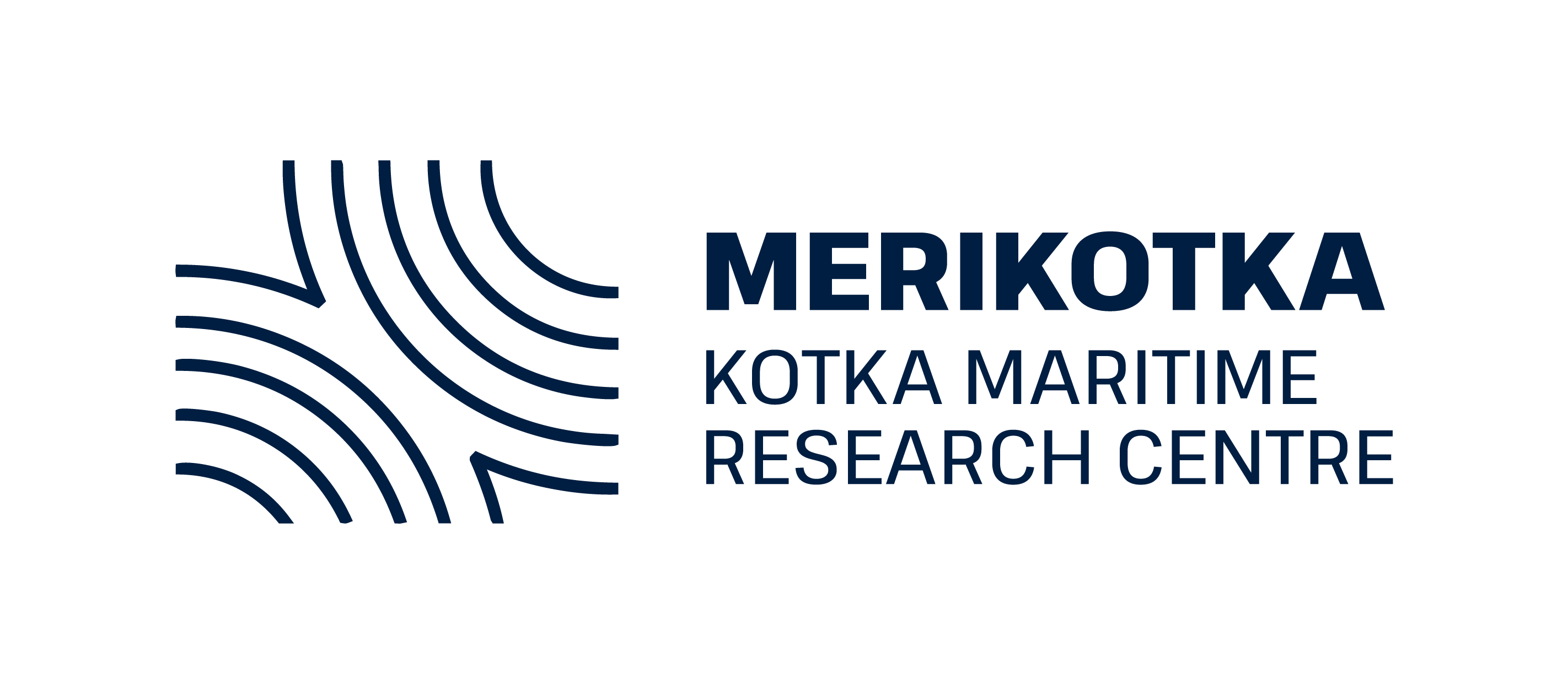The EU’s Baltic Sea Strategy lists as its central objectives the conservation of the Sea’s nature values, securing and developing the necessary operating conditions for businesses, increasing the attractiveness of the region and improving safety. Given that oil-carrying tankers operate daily in the Gulf of Finland, successfully preventing oil spills and minimizing the effects of possible damage requires that limited resources are utilized in the most cost-effective ways.
A tool for anticipating risks
The EU Baltic Sea strategy’s flagship project entitled “Minimizing risks of maritime oil transport by holistic safety strategies” (MIMIC) saw the development of an analysis tool for assessing the risk of oil spills in the Gulf of Finland. The research group examined the probabilities of spills from three different perspectives.
These consisted in expanding the scope of piloting requirements in the Gulf, consolidating vessels’ structures, and assessing the degree to which the risk of accidents would decrease if authorities were more aware of route plans. According to the research, the most cost-effective way to reduce the risk of accidents is to concentrate on vessels’ route plans in order to improve the flow of information between them and monitoring centres.
According to the research group’s calculations, making use of a systematic route plan in the Gulf would increase costs by only about 100,000 euros per year while reducing risk by 20 percent.
In addition to the risk of accidents, the tool can be used to anticipate the risk of oil spilling into the sea. Based on the collected data, assessments can also be made regarding the number of times vessels are likely to collide per year and the probability of tankers running aground. The project also sought to develop a tool for anticipating and monitoring the flow of oil from the location of the spill towards shore. Such data is extremely useful when planning oil spill prevention measures.
Funding
Provided by Central Baltic INTERREG IV A Programme 2007–2013 with a total budget of 2,072,341 euros.
Partners
Kotka Maritime Research Center (coordinator)
Turku University Brahea centre, Center for Maritime Studies
Kymenlaakso University of Applied Sciences
Aalto University
University of Helsinki
Swedish Meteorological and Hydrological Institute and Finnish Environment Institute
Finnish Environmental Centre
Tallinn Technical University
University of Tarto


